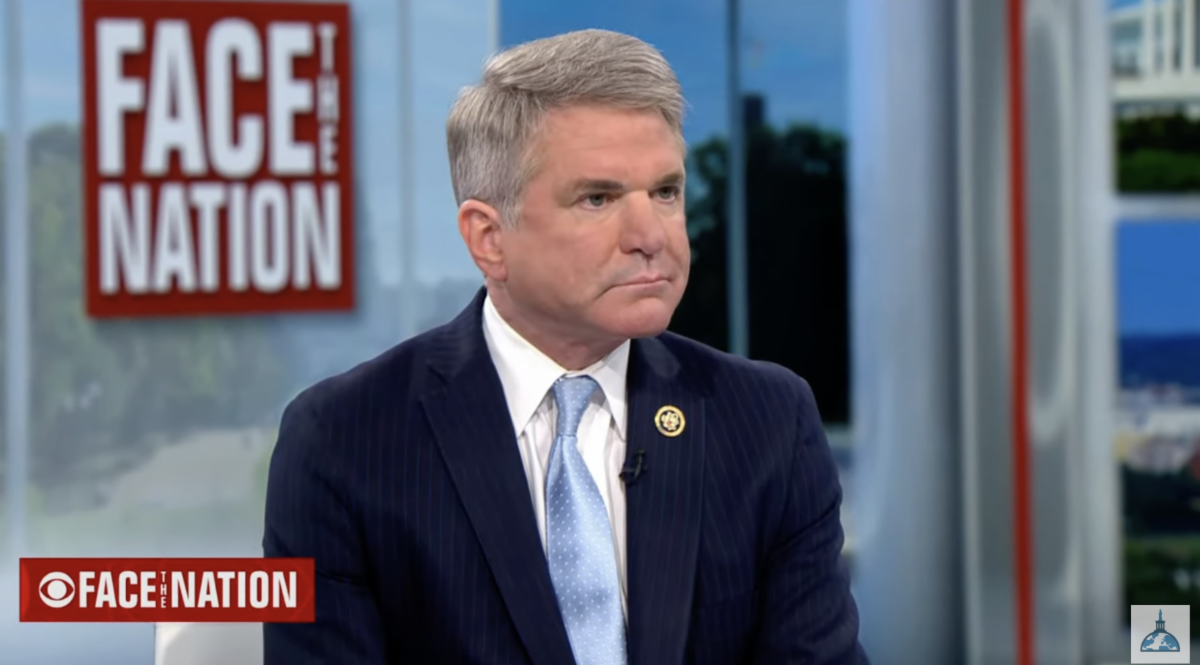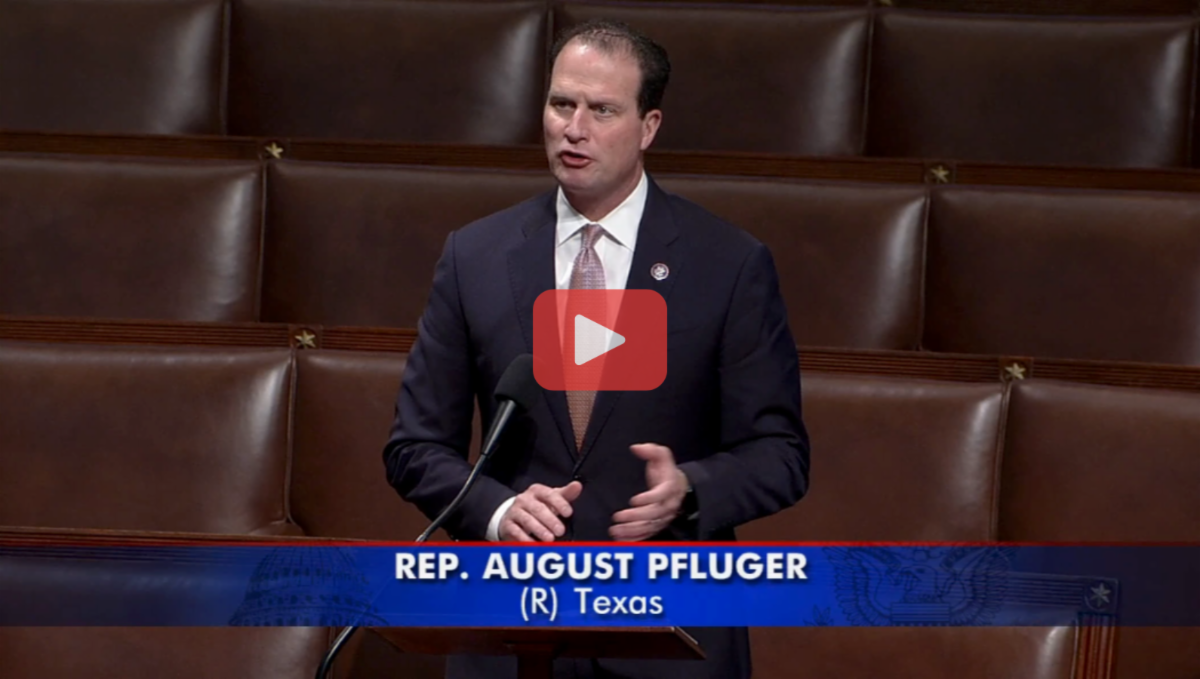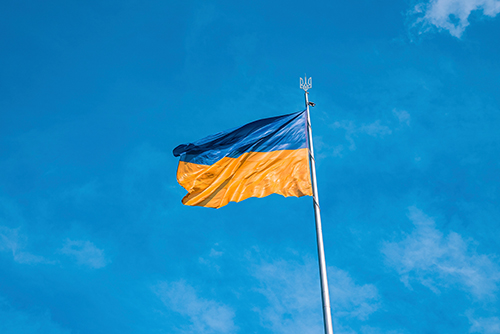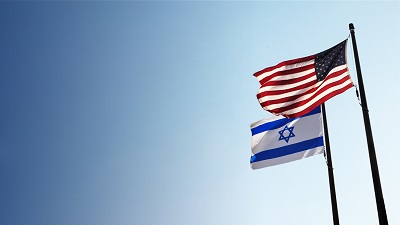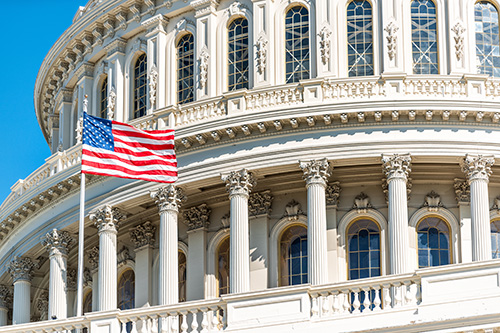Why Are We Giving Money to Iran?
 Earlier this month, Senator Mike Lee (R., Utah) and I sent a letter to Secretary of State John Kerry, Secretary of the Treasury Jack Lew, and Attorney General Loretta Lynch on the subject of the Obama administration’s $400 million cash payment to the Islamic Republic of Iran, which occurred on January 16, 2016 — the day the Joint Comprehensive Plan of Action officially went into effect, and the day four Americans unjustly detained by the Iranian regime were finally released.
Earlier this month, Senator Mike Lee (R., Utah) and I sent a letter to Secretary of State John Kerry, Secretary of the Treasury Jack Lew, and Attorney General Loretta Lynch on the subject of the Obama administration’s $400 million cash payment to the Islamic Republic of Iran, which occurred on January 16, 2016 — the day the Joint Comprehensive Plan of Action officially went into effect, and the day four Americans unjustly detained by the Iranian regime were finally released.
As the State Department has now admitted, this money was “leverage” — in other words, a ransom — to secure the release of those four Americans from the world’s leading state sponsor of terrorism. It is appalling that this administration paid a ransom to Iran. Our hostages should have been released unconditionally as a sign of good faith before, not after, any negotiations over Iran’s nuclear program. Agreeing to this ransom sets a terrible precedent that if the Iranian regime wants more American cash, all they have to do is scoop up more of our citizens — as the Iranians have already begun to do.
In any case, if there is money to spare to settle outstanding disputes with Iran, our first priority should be to make the Islamic Republic pay the judgments of the American victims of Iranian terrorism, not to give the mullahs more money with which to carry out their terrorist campaign against the West. It is all the more reprehensible that the funds flowing to Iran may well have been funneled to Iran’s Revolutionary Guard Corps, which should be under State Department designation as a terrorist organization.
But as irresponsible and dangerous as the ransom payment was, it is not the only problem. The American people also need to know whether the payment violated U.S. sanctions on Iran for its worldwide support of terrorism. These sanctions remain in effect despite the Joint Comprehensive Plan of Action, which, the administration has assured us, deals only with Iran’s nuclear program. The federal regulations that implement the anti-terrorism sanctions generally prohibit transferring money to Iran, even if the money is converted into foreign currencies and routed through other countries, as was the case here. A private citizen, in other words, could go to prison for what the administration did.
Of course, the administration claims that the payment simply represents a settlement of a decades-long dispute over an arms deal. And indeed, we’ve since learned that the administration paid an additional $1.3 billion — the balance of the $1.7 billion claimed by the Iranian regime — although State Department spokesman Mark Toner claimed not to know any details. The most likely source would be the Judgment Fund administered by the Treasury Department, which apparently made 13 separate payments of $99,999,999.99 between January 17 and 19 of this year. Remarkably, these highly suspicious transactions add up to just 13 cents shy of the remaining $1.3 billion claimed by Iran, and on top of that there appears to have been a final transfer of $10,000,000 around the same time. For now, however, the State Department refuses to disclose the details of these mysterious payments.
The knowledge that a series of payments totaling $1.31 billion followed the $400 million cash payment only raises more questions — suggesting, as it does, that the administration is differentiating between the $400 million, which is the amount the government of the Shah of Iran paid in the original arms deal, and the $1.3 billion, which is the interest the Islamic Republic claims on that money and would have to come from American taxpayers. Did the administration wire $1.31 billion from the Judgment Fund to Iran? If so, then why did the administration make the $400 million payment in cash? Why did it convert the cash to foreign currency? And why did it ship the cash in an unmarked cargo plane? If the payment was legal, presumably the administration would have just transferred the money. These extraordinary measures suggest they were simply trying to avoid detection. None of this adds up, and we need to know if the Obama administration was trying to cover up criminal conduct.
While Congress should draw attention to the administration’s cash-for-hostages scheme, the bottom line must not only be whether the Obama administration paid a ransom (it did), but whether the various payments to Iran were legal in the first place. If the Obama administration continues to refuse to answer the questions that will let Congress get to the bottom of these highly unusual transactions, Congress will have no choice but to compel the answers it needs. The mullahs know how they received the money. So should the American people. The Senate Judiciary Committee should join the Foreign Relations Committee and Banking Committee in promptly investigating this disturbing episode. Americans deserve an explanation of why the Obama administration is using their money not to fight terrorism, but to fund it.



